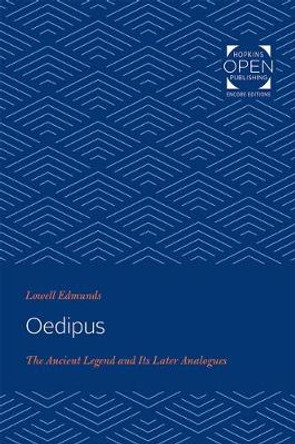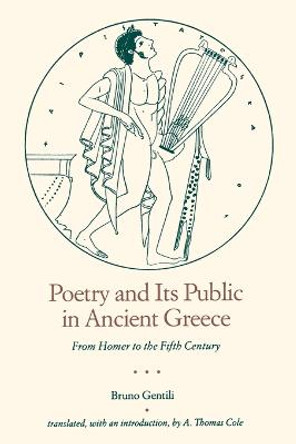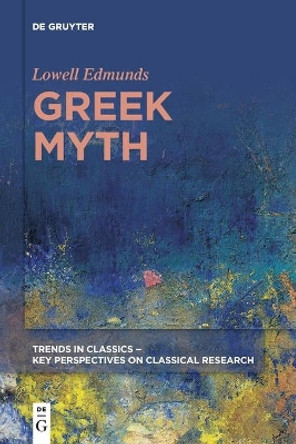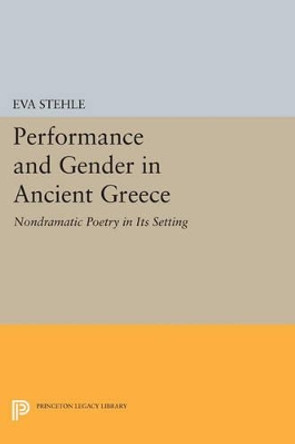Poetry in archaic and classical Greece was a practical art that arose from specific social or political circumstances. The interpretation of a poem or dramatic work must therefore be viewed in the context of its performance. In Poetry, Public, and Performance in Ancient Greece, Lowell Edmunds and Robert W. Wallace bring together a distinguished group of contributors to reconstruct the performance context of a wide array of works, including epic, tragedy, lyric, elegy, and proverb. Analyzing the passage in the Odyssey in which a collective delirium comes over the suitors, Giulio Guidorizzi reveals how the poet describes a scene that lies outside the narrative themes and diction of epic. Antonio Aloni offers a reading of Simonides' elegy for the Greeks who fell at Plataea. Lowell Edmunds interprets the so-called seal of Theognis as lying on a borderline between the performed and the textual. Taking up proverbs, maxims, and apothegms, Joseph Russo examines "the performance of wisdom." Charles Segal focuses on the unusual role played by the chorus in Euripides' Bacchae. Reading the plot of Euripides' Ion, Thomas Cole concludes that the task of constructing the meaning of the play is to some extent delegated to the public. Robert Wallace describes the "performance" of the Athenian audience and provides a catalog of good and bad behavior: whistling, shouting, and throwing objects of every kind. Finally, Maria Grazia Bonanno stresses the importance of performance in lyric poetry.
It is with real enthusiasm that I recommend Poet, Public, and Performance in Ancient Greece. It brings together the perspectives of both American and Italian scholars influenced by the work of Bruno Gentili. Gentili's vision of archaic Greek poetry as context-bound and performed before a public has created the horizon within which these essays take their orientation. Each and every one of these contributions calls our attention to the public and performed character and contexts of the variety of poems and speech acts discussed. -- Diskin Clay, Duke UniversityAbout the AuthorLowell Edmunds is a professor of classics at Rutgers University. His many books include Approaches to Greek Myth, available from Johns Hopkins. Robert W. Wallace is an associate professor of classics at Northwestern University. He is author of The Areopagos Council, to 307 b.c., also available from Johns Hopkins.
Book InformationISBN 9780801867354
Author Lowell EdmundsFormat Paperback
Page Count 192
Imprint Johns Hopkins University PressPublisher Johns Hopkins University Press
Weight(grams) 318g
Dimensions(mm) 229mm * 152mm * 12mm









